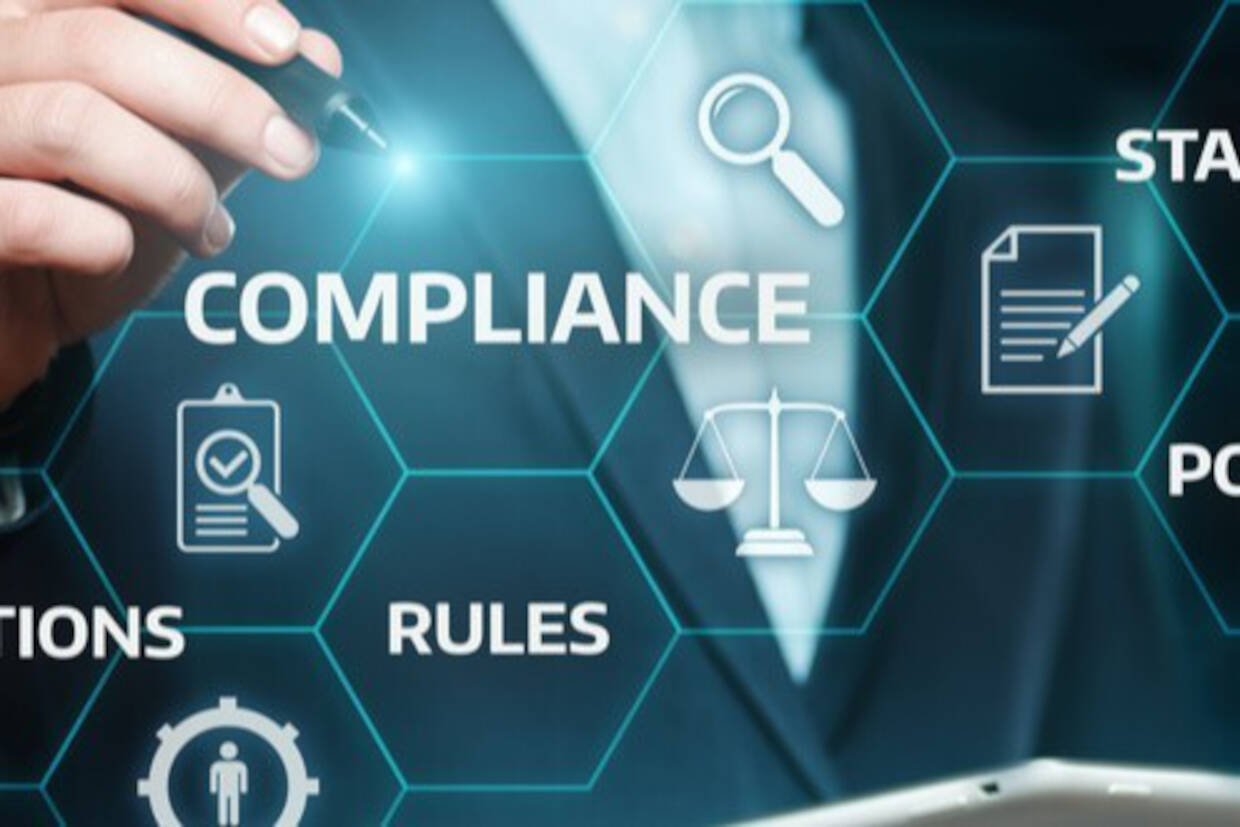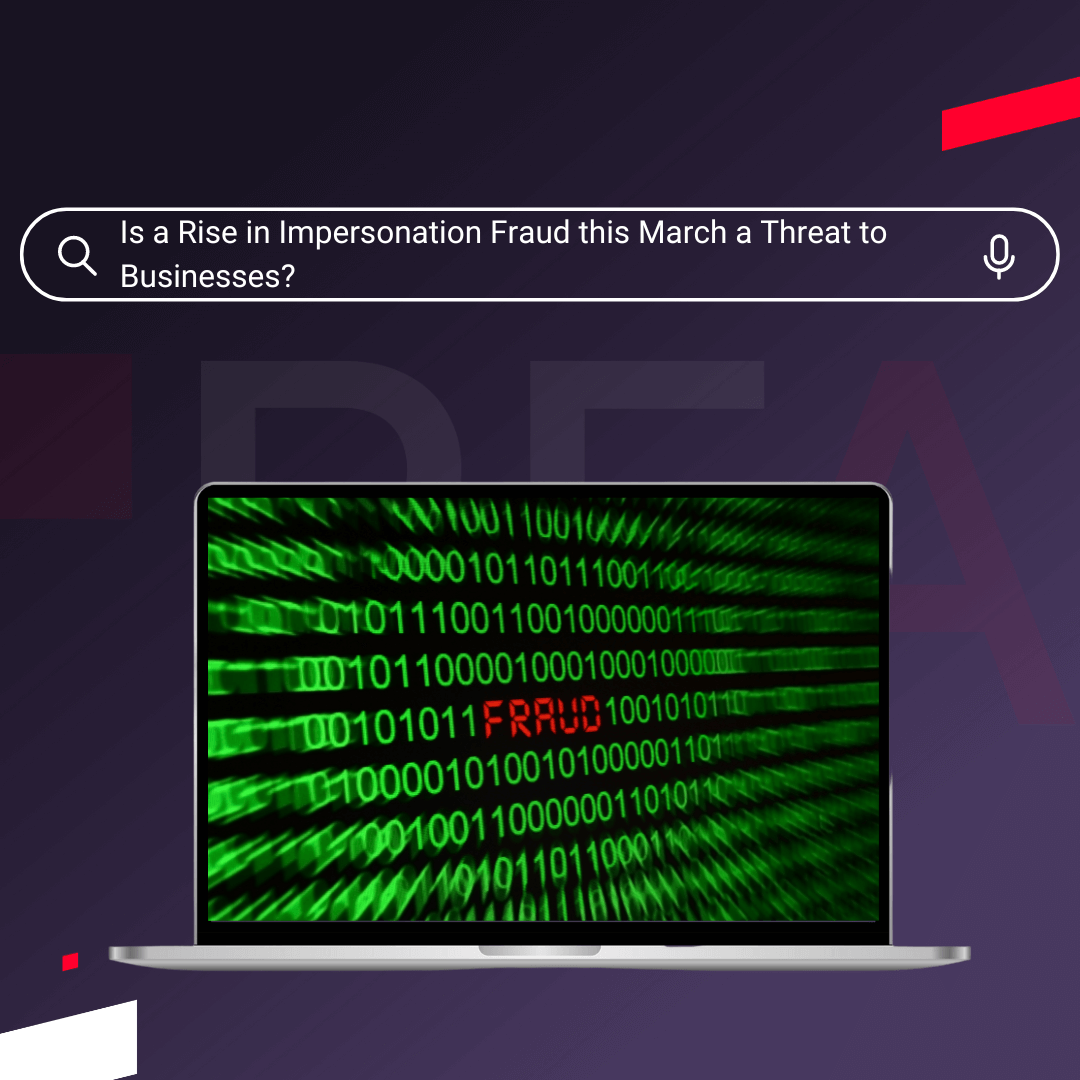Financial crime in the UK is on the rise.
A recent report by the UK’s Treasury Select Committee found that the UK’s law enforcement is not up to the job of tackling financial crime.
The Committee found that it is easy for financial criminals to launder money through UK companies.
This represents a huge threat for businesses that are subject to AML regulations. Money launderers are everywhere and companies bear responsibility for making sure they don’t channel dirty money.
The rise of e-money and digital money transfers have made this even more challenging. It’s often harder to know who you are doing business with.
The best way to protect your business is to ensure that you have a platform that can perform AML checks and meets all regulatory requirements.
But with so many solutions on the market how do you know how to choose the right one?
This article explores the dangers of failing to comply with AML regulations and lists the factors to consider when choosing an AML platform.
Avoid Getting Caught Up in Financial Crime — or Face the Consequences
929 UK companies had been involved in 89 cases of corruption and money laundering, worth £137bn by 2019 alone. By now, this number will have increased.
These are only the reported cases — the number of businesses caught up in financial crime that have gone undetected is likely to be far higher.
The impact of this on the UK economy is huge. According to the National Crime Agency, money laundering costs the UK economy 14.5% of its GDP every year.
To protect you and your business you need to:
- Prove that you have watertight AML processes for checking your customers and monitoring transactions.
- Be able to immediately produce information on a transaction or customer when requested by the National Crime Agency.
- Report any suspicious activity.
If you fail to meet these requirements then you could be subject to a penalty or even a prison sentence.
Not only will this cost you money, but your professional reputation will be ruined as well.
There have been several high profile cases recently, including:
- NatWest Bank was fined £264m for failing to prevent a major money-laundering operation over 5 years.
- HSBC was fined £63m simply for failing to implement effective transaction monitoring controls.
Factors to Consider When Choosing An AML Solution
While every business has different AML requirements, these are the main factors you should consider:
Features
Having the right features is critical. Many solutions claim to offer a complete AML package, but will only support one or two areas.
A comprehensive AML platform will include:
- Customer Due Diligence Checks (CDD): This is the process of collecting and evaluating customer information to prove that they are who they say. This helps businesses assess whether the customer presents an AML risk. Regulated industries are required by law to undertake these checks.
- Know Your Customer Checks (KYC): This is similar to CDD and many people use the terms interchangeably. However, KYC involves a business retrieving customer data and using it to create a risk profile before engaging in a relationship. Once they have approved the risk profile, then they can begin engaging in business activities.
- Enhanced Due Diligence (EDD): This is conducted on high-risk customers. For example, Politically Exposed Persons (PEPs) or sanctioned clients. EDD may involve obtaining additional verification, transaction tracking, on-site assessments and more.
- Risk Checking: Accurate risk checking and analysis ensures businesses conduct the right level of due diligence on their customers. Some factors that affect client risk may include high volumes of negative media, high-net-worth clients or abnormal transaction activity.
- PEPs and Sanctions Lists: Politically Exposed Persons often have the power and connections to commit money laundering so it’s important to know who these clients are. On the other hand, Sanctions lists are used to protect businesses from undertaking activity with entities and individuals designated by regulators.
- Seamless Customer Onboarding: AML compliance can make customer onboarding a complicated and drawn-out process. You can improve the customer experience at this stage by using an AML platform that quickly verifies customers. One way to do this is through digital identity checks.
Cost
On average, companies in the UK spend between £186.5 million and £300 million on AML compliance each year. And these costs are predicted to grow due to increasingly complicated requirements and steeper penalties for non-compliance.
Consequently, your AML solution should help you reduce these costs, rather than add to them.
Some ways that an AML platform can save you money include:
- Automation: Automation reduces the need for human intervention which not only speeds up compliance checks but also improves accuracy. As a result, automation reduces wage-related costs and may help businesses avoid expensive errors.
- Using high-quality data: Data quality is crucial for conducting accurate risk assessments. Leveraging real-time data from sources like the UK electoral roll, sanctions and PEP lists, international passport and ID data can help businesses identify and avoid high-risk customers.
- Avoiding investigations: Investigations can happen for any number of reasons so it’s vital that an AML platform can help businesses avoid or reduce the length of them through a secure audit trail. As a result, businesses can avoid costly shutdown periods or fines.
Can it meet compliance regulations?
AML regulations are continuously updated and new ones are added as money laundering risks evolve. Consequently, AML solutions should help businesses comply with current and future regulations.
Some major regulations include:
- The 6th Anti-money Laundering Directive (and its predecessors).
- Proceeds of Crime Act 2002 (POCA).
- Serious Organised Crime and Police Act 2005 (SOCPA).
- Money Laundering, Terrorist Financing and Transfer of Funds Regulations 2017 (and 2019 amendments).
There are also upcoming amendments to The Money Laundering and Terrorist Financing regulations expected to be announced in March 2022.
Integrations
To ensure seamless workflows and increase employee productivity, it’s vital that an AML platform can integrate with a business’s existing technology through APIs.
For example, you can easily run CDD checks through your Customer Relationship Management (CRM) system if your AML solution integrates with it.
Deployment and adoption timelines
When choosing an AML solution, businesses have the choice between on-premises or cloud software.
In general, on-premises software offers a business greater control which may be necessary for certain companies. However, this option can also result in slow updates to new regulations. As a result, your business will be more exposed to AML risk.
Cloud deployments provide businesses with less control but are much quicker and easier to implement than on-premises options. On top of this, the solution provider will often take care of the software’s maintenance and updates.
Monitoring and alert capabilities
Many AML solutions make mass updates to their database once per week. This risks missing vital changes in a client’s risk profile. You should look for an AML solution that provides real-time data updates and allows you to monitor clients and set alerts when something changes. This allows you to take action as soon as something changes.
Ongoing support
Knowing whether your AML processes are suitable is challenging. The best AML platforms will also offer AML consultancy, providing you with an audit of your existing systems and advice on how to improve them. They will also provide training for your designated compliance officer and teach your staff how to spot the signs of fraud and how to use the AML platform.
How to Consider Your AML Platform Options
Once you’ve made a shortlist of platforms, it’s time to narrow them down. Here are a couple of things you can do to make a good decision:
Get a comparison of features
Try to get a comparison of features for each platform. This allows you to see which one will suit your business. The best AML platforms will be proud to compare themselves against their competitors. This is a sign that they are confident in their system’s capabilities or that it offers a full range of capabilities.
Request a trial or demo
Most providers will offer a free trial or at least a demo so you can get a feel for the system. This will usually put you in touch with a salesperson, so this is a great chance to ask any questions you might have about the system and how it can meet your requirements. Evaluate the system, but also evaluate the salesperson: can they answer all your questions? Can they speak credibly about AML regulations? Do they try to understand your requirements? This will tell you a lot about the quality of service that they offer.
Discover Red Flag Alert’s KYC AML Platform
Complex AML and KYC regulatory changes make it difficult to choose a platform to manage your compliance.
With Red Flag Alert’s solution, your business will be ready for any regulatory changes.
Red Flag Alert’s AML solution can help:
- Keep your business safe from prosecution with complete risk checks, including EDD.
- Analyse clients in real-time to avoid unforeseen risks that emerge after regulatory changes.
- Support watertight AML processes.
- Create a secure audit trail for effective investigations.
Learn more about how Red Flag Alert can help your business stay compliant with our AML checks solution or request a demo to see it for yourself.




